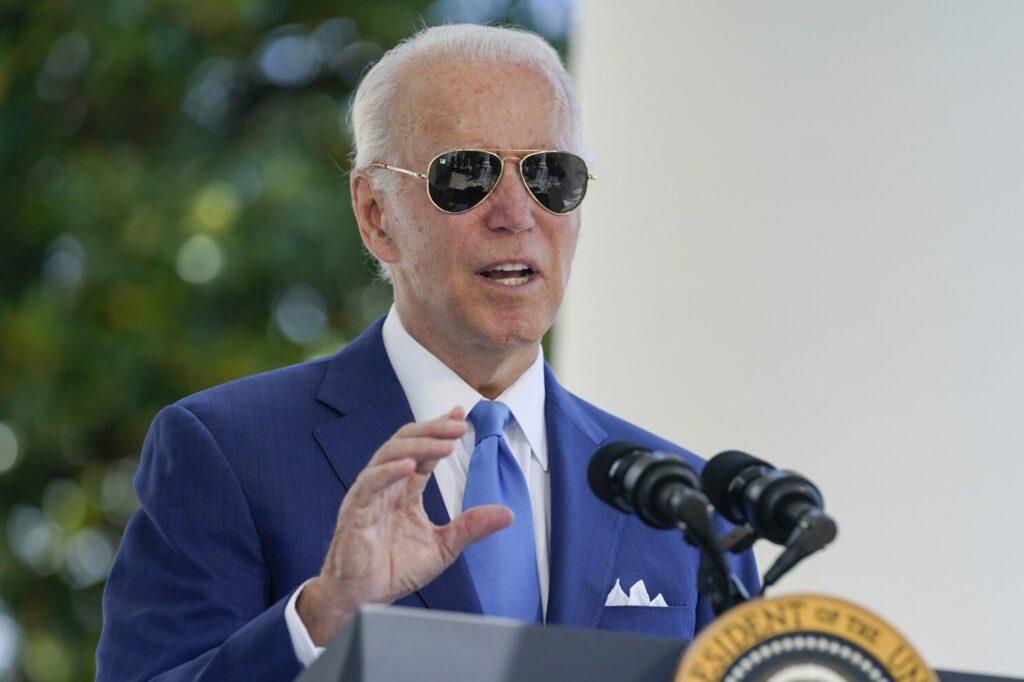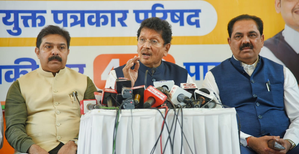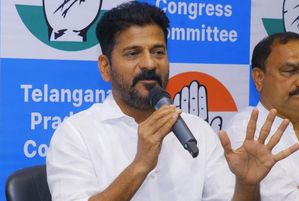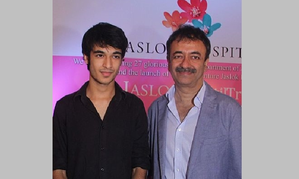Islamabad : Exaggeration and dramatics are Pakistans traits. So, it is hardly surprising when a fleeting, off-the-cuff remark of US President Joe Biden was greeted with hysteria.
The US envoy in Islamabad was summoned for a dressing down at the Foreign Office. Political parties vied with each other in denouncing Biden for describing Pakistan as one of the “most dangerous nations” in the world.
These theatrics looked like a bad joke because for the past few months Pakistan has been sending its senior ministers and the Army Chief to Washington for “resetting ties”.
The US has since issued a clarification on Biden’s statement which said nothing about the country being among the “most dangerous nations”, but expressed satisfaction about Pakistan’s capability to make its nuclear arsenal safe from the hands ofterrorists.
The clarification is an indication of US desire to let bygones be bygones and not to continue with the controversy over the safety of Pakistani nukes. the fourth largest in the world.
Like always, the naive Americans have conveniently overlooked the fact that while the Pakistan army may have the keys to the nuclear stockpile, many Pakistani scientists working on its nuclear programme (as also the middle order in the Army) are sympathetic to Islamists and their extreme views.
In fact, soon after the US invasion of Afghanistan at least two top pro-Taliban nuclear scientists of Pakistan were sacked to please the White House. Pertinent to point out that America’s inability not to look beyond the nose is paving the way for Pakistan’s exit from the ‘grey list of the FATF, the UN agency on money laundering and terrorism financing.
The number of religious extremists in the Pakistan army can be assumed to be large. For one thing, the so-called professional army of Pakistan has Jihad in its curriculum. A clearer indication has come from the on-going tussle between former Prime Minister Imran Khan and the establishment, which is a euphemism for the GHQ. Although Khan is depicted as a critic of the army the fact is that he has problem only with the top brass.
Reports in public domain say middle level officers and the soldiers are pro-Imran because of his anti-American rhetoric. Some of these officers would soon be elevated to higher posts and be able to have a decisive say in matters that the army decides, including the destiny of the civilian rulers.
It is not difficult to guess as to whether the promotion of the pro-jihad army officers would make Pakistan less or more ‘dangerous’. It will certainly mean a step closer to Islamisation of Pakistan Army, a project initiated by dictator, Zia-ul-Haq, in the wake of Afghan jihad against the Soviet Army, and in pursuit of his own plan to make India bleed for its sin of facilitating the Bengali speaking East Pakistan emerge as a sovereign Bangladesh.
Pakistan appeared to be wilting after ties with the US had plummeted to the bottom, following 9/11 but it was a short phase. Because, post-pullout of Afghanistan with bruised ego, the US has begun to again see Pakistan as an indispensible ally in the region. Mending fences with the ‘epicentre of global terrorism’ (Pakistan) has again become US priority with or without the Biden guffaw.
The US overtures are eagerly awaited by Pakistan even as anti-Americanism thrived in the country, especially after the former cricketer became the Prime Minister. He has since been ousted but anti-Americanism has only grown further, somewhat to the embarrassment of the present ruling dispensation, which is willing to walk the extra mile to please Washington and be rewarded with trophies like F-16s.
Imran is very clear in claiming that Pakistan doesn’t need the US because of its all-weather friendship with China. He is going around the country telling the people that the US is keen on befriending Pakistan because of “our influence over the Taliban lords” presiding over the destiny of the Afghans.
The anti-American backlash instigated by Imran is popular but may not threaten the incumbent Shehbaz Sharif regime in the short run at least. It will undoubtedly upset the regime, which wants to restore ties with the US to the old level. It is not sure if total dependence on China will serve Pakistan’s interests. But such is the pressure of public opinion in Pakistan that repairing ties with the US will have to be done cautiously.
The onus of improving mutual ties seems to lie on the US from a Pakistani perspective. And the US appears to share such a perception.
This is clear from the ‘pro-Pakistan statements in two days’, according to a front-page headline in Karachi daily, The News International, on October 20. “The US has in a couple of days issued statements expressing confidence in Pakistan’s commitment and ability to secure its nuclear assets”, the report said and quoted the State Department spokesperson Vedant Patel as saying: “The counterterrorism effort is part of our common interests.”
Put differently, the Biden-Speak that Pakistan “may be one of the most dangerous” countries in the world because it has “nuclear weapons without any cohesion”, is lost in transit. And the hope of US insisting that Pakistan give up its terrorism export as a trade off is lost.
This has led to US looking the other way as nearly bankrupt Pakistan continues to flirt with the India-centric terror outfits, aiding and training them.
For Pakistan it is a signal that the US military aid, frozen by Donald Trump, would be resumed.
Apparently, the US has no second thoughts about sharpening the Pakistan military machine even when it considers the country to be among the ‘most dangerous nations’ in the world. Sounds somewhat strange!






Related Posts
Palestinian death toll in Gaza nears 34,000: Ministry
IDF carries out airstrikes in Rafah, casualties feared
EU leaders agree for new sanctions on Iran